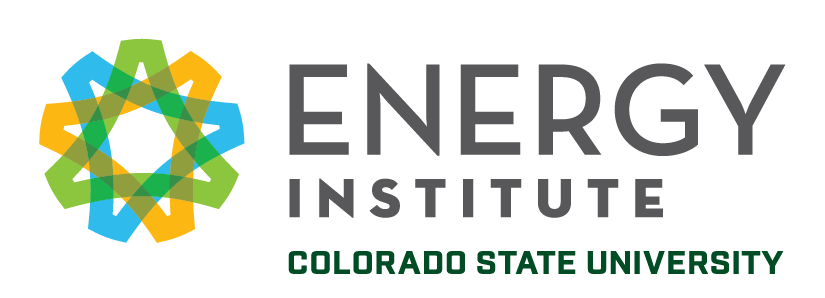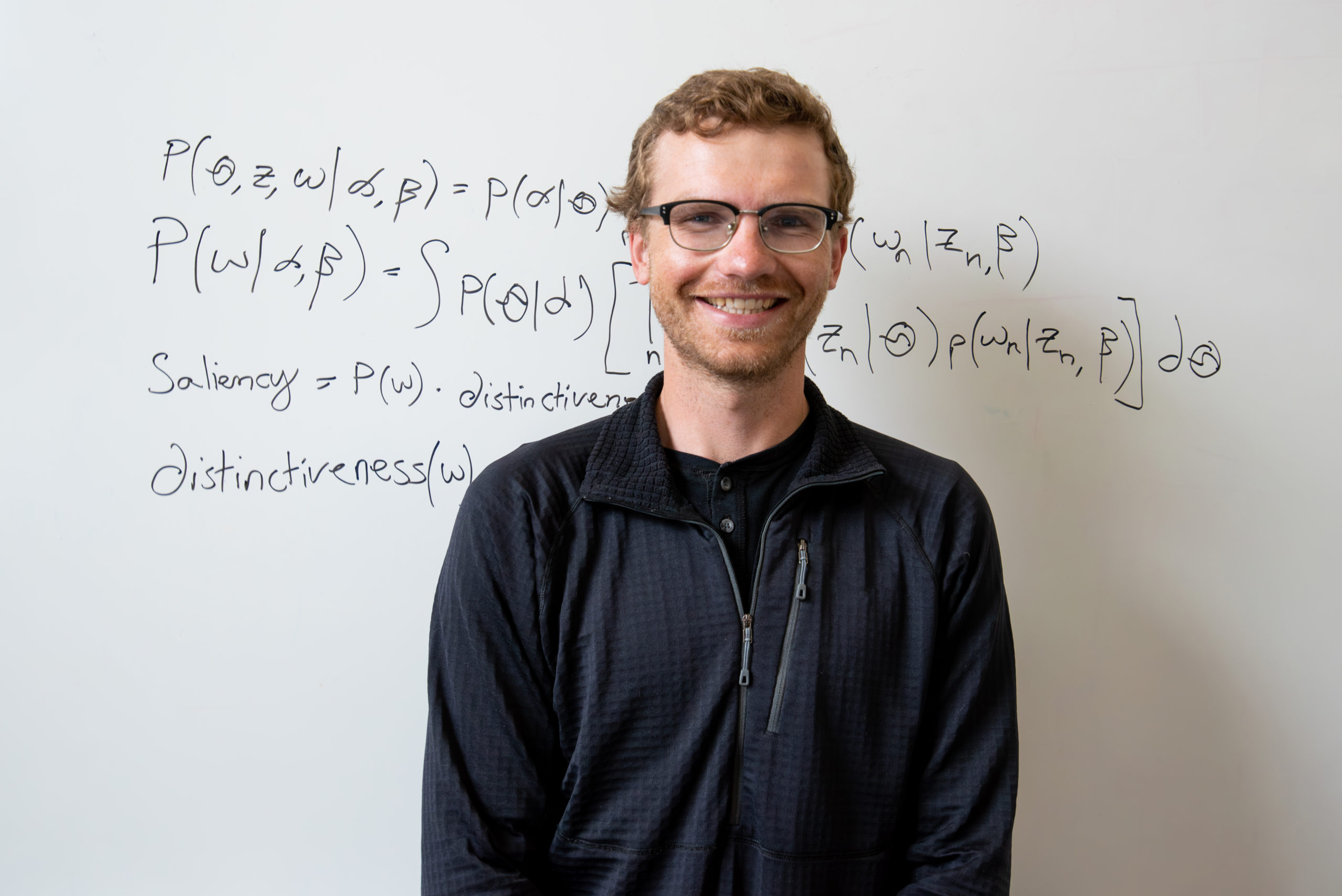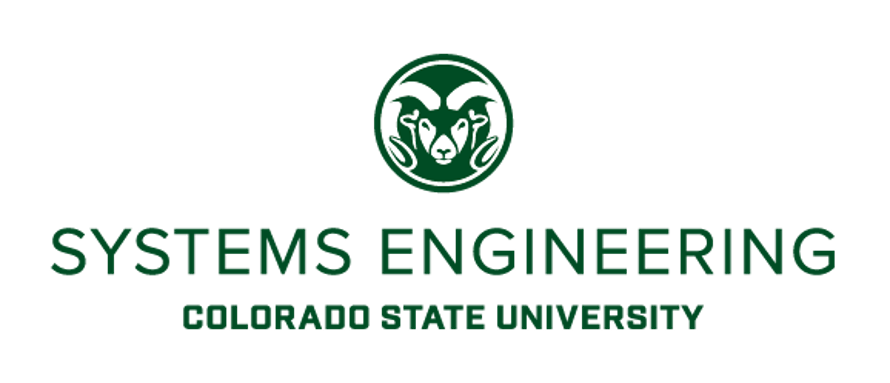CSU-NREL Joint Graduate Partnership Courses
Partnership Course Electives
This program is for masters and doctoral students in Systems Engineering. Students will take:
- An introductory cohort course.
- The core courses required for their departmental degree program.
- A subset of the electives available in the categories below.
- Research thesis or dissertation units.
Typical masters students participating in the partnership will take four core engineering graduate courses from their home department and three more from the list below.
Typical doctoral students participating in the partnership will take three core engineering graduate courses from their home department, and three more from the lists of electives below.
Cohort Elective:
Synthesizes foundational ideas from across various components of the global energy complex, some of which are technical-, scientific-, business-, or policy-oriented. Study and investigate the technical, operational, environmental, economic, social, and political transitions that are underway in the energy sector that impact the design, development, and deployment of energy systems of the future.
Technical Electives:
Cybersecurity principles, practices, technologies, design approaches, and terminology. Incorporation of cybersecurity principles into effective systems designs. This course is directed to System Engineers and other technical personnel with a need to understand cybersecurity in order to integrate it into a balanced system design. 3 Modules of this course are taught by NREL staff.
Theoretical and practical applications of secure communications in automotive and industrial systems. Theoretical topics include cybersecurity, message confidentiality, data integrity, message framing, latency, jitter, and communication system availability. Practical applications include protocol analysis and cybersecurity assessments for Ethernet, Controller Area Networks (CAN bus), J1939, LIN, ModBus and other unified diagnostic services (UDS). Detailed descriptions of the lower layers will be provided, including: (i) physical connections, (ii) bit encoding, (iii) message forwarding (iv) media access control and (v) error detection. Practical issues related to cybersecurity controls used in actual systems will be covered.
Hybrid Energy & Energy Storage System Electives:
This course will consist of 3 five-week modules. Each module will introduce and analyze one technology for electrochemical energy storage. For the first half of each module, we will provide a detailed introduction to the technology from an electrochemical, thermal, and materials perspective. For the second half of each module, we will provide a systems-level introduction to relevant applications, sustainability impacts, powerplant design, and application level optimization. This course is taught by NREL/CSU Joint Appointee.
Hybrid powertrains and modeling including vehicle dynamics, internal combustion engine, electric motor, energy storage, and control.
This graduate-level course is designed to provide a review of computational and computer tools used in electric power engineering for the purpose of understanding and computing the power flows in the electricity grid. The emphasis of the course is on topics related to power ow algorithms, fault studies, and system planning and design. A popular commercial software package will be used in the course. This course is taught by NREL/CSU Joint Appointee.
Electricity grids are transforming to include more renewable generation sources due to increased need for energy independence and cleaner electricity production. This course is aimed at learning the underlying concepts of grid integration of energy conversion systems via solid theoretical and mathematical bases for wind/PV/storage/thermal energy conversion machines, operation characteristics, interfacing power electronics and controls. This course is taught by NREL/CSU Joint Appointee.
News 📣: CSU partners with federal renewable energy lab, adds new courses with $100k CDOT grant
It is more crucial than ever to decarbonize our energy systems. Existing renewable energy technology represents our best hope, but it must be integrated into both old and new infrastructure. This challenge requires the coordinated efforts of industry, government, and academic institutions, according to researchers from the Colorado State University Energy Institute...

Research Thesis/Dissertation Activities
Both masters and doctoral students will be required to perform research activities under a research thesis/dissertation variable credit course, SYSE 699 for MS students, SYSE 799 for PhD students. These courses will be advised by both an NREL member of the technical staff (appointed to CSU via the affiliate appointment process), and CSU faculty affiliated with the Departments of the College of Engineering.
These research units will involve performing research in support of NREL research activities, or on DOE-funded or DOE-affiliated research at Colorado State University. Students performing these research activities can be located either on campus at NREL or on campus at Colorado State University’s Energy Institute. These students will receive stipend and tuition payments from these projects, managed by CSU.



